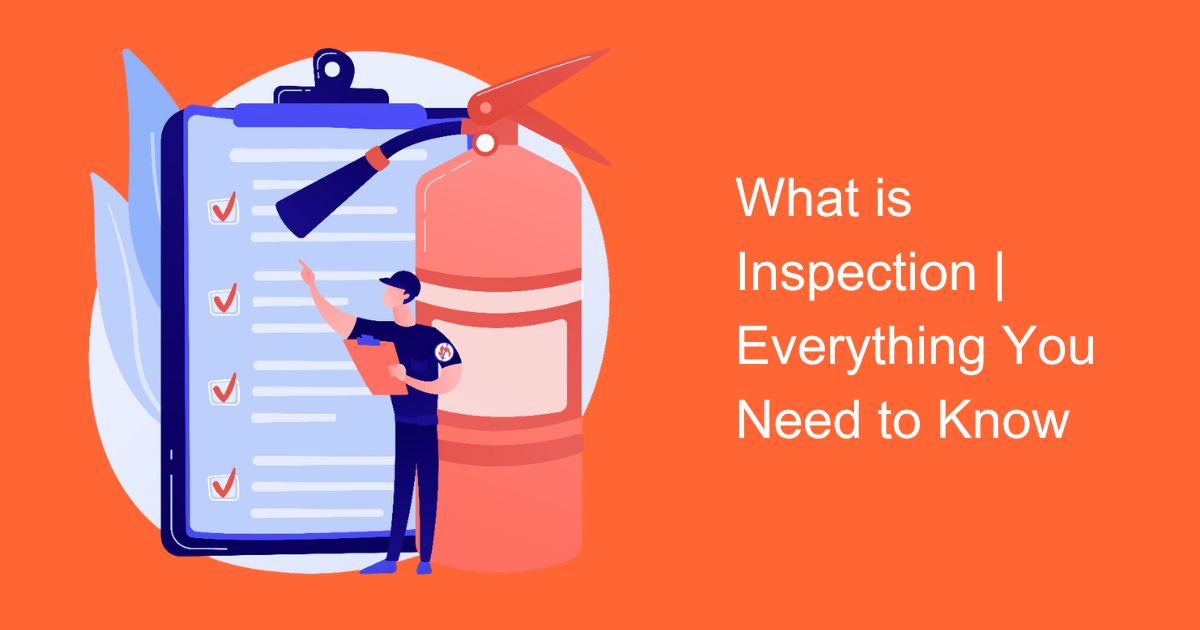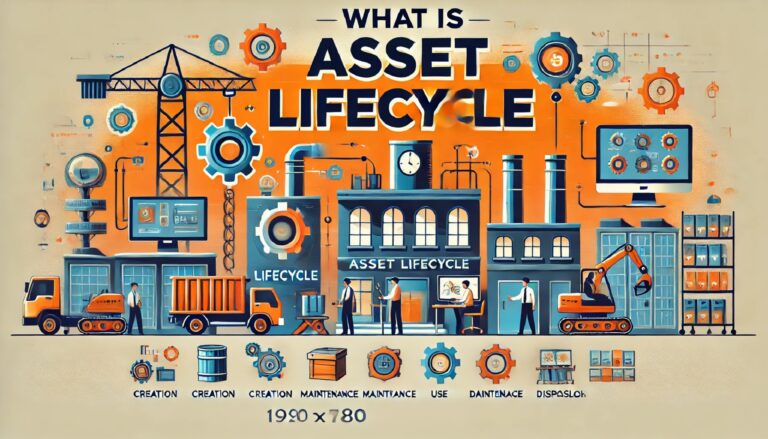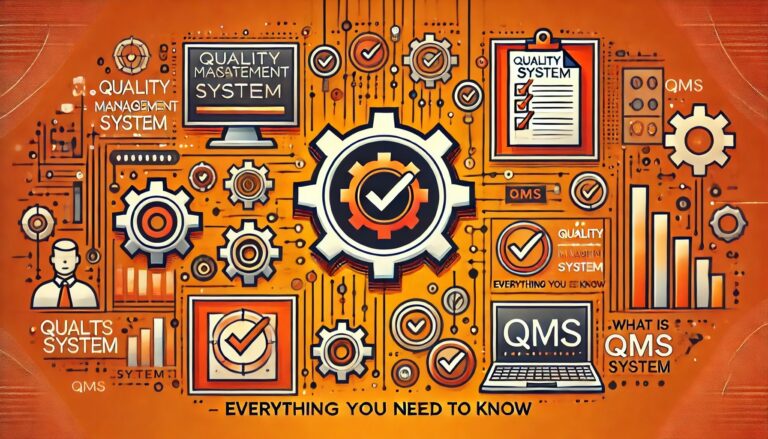Introduction
In the realm of quality assurance and compliance, inspection stands as a crucial pillar ensuring products and services meet predetermined standards. It is a systematic examination or assessment of something to determine its conformity with established criteria. In the Indian context, where industries burgeon and consumer demands escalate, inspection becomes paramount in ensuring safety, quality, and regulatory adherence. we delve into what is Inspection, exploring its definition, key principles, challenges, and emerging trends in Indian Context.
Understanding Inspection
Inspection encompasses various methodologies tailored to the specific requirements of industries. From manufacturing plants to service sectors, inspections are conducted at different stages of production or service delivery to detect defects, deviations, or non-compliance. It involves meticulous scrutiny, often employing specialized tools and trained personnel.
Types of Inspection
Inspections can be categorized into several types, each serving a distinct purpose:
Visual Inspection:
This involves a straightforward visual assessment to detect any visible defects or irregularities. It is often the first step in many inspection processes.
Dimensional Inspection:
Here, precise measurements are taken to ensure the product or component meets specified dimensional requirements. This is crucial in industries where accuracy is paramount, such as aerospace or automotive.
Functional Inspection:
This type focuses on assessing the functionality of a product or system. It involves testing various functionalities to ensure they perform as intended.
Regulatory Inspection:
Regulatory bodies often conduct inspections to ensure businesses comply with laws, regulations, and industry standards. Non-compliance can lead to penalties or legal consequences.
Safety Inspection:
Safety inspections prioritize the identification and mitigation of potential hazards in the workplace or public spaces. These inspections are critical for maintaining a safe environment for workers and consumers.
The Importance of Inspection
In India, where diverse industries thrive, the significance of inspection cannot be overstated. It serves multifaceted purposes across sectors:
Quality Assurance:
Inspection ensures that products meet predefined quality standards, thereby enhancing consumer satisfaction and trust. In a competitive market like India, maintaining quality is imperative for long-term success.
Consumer Protection:
Through rigorous inspection, regulatory authorities safeguard consumers from substandard or unsafe products. This fosters consumer confidence and contributes to a healthy marketplace.
Compliance and Regulatory Adherence:
Industries must adhere to various regulations and standards set by authorities. Inspection facilitates compliance, mitigating the risk of penalties or legal complications.
Risk Mitigation:
By identifying potential defects or hazards early on, inspection helps mitigate risks associated with product failure, accidents, or non-compliance. This proactive approach is essential for business continuity and reputation management.
Process Improvement:
Insights gained from inspections can lead to process optimization and efficiency enhancements. Continuous improvement based on inspection findings is integral to staying competitive in dynamic markets.
Challenges in Inspection
Despite its significance, inspection in India encounters several challenges:
Infrastructure Limitations:
In some regions, inadequate infrastructure and resources pose challenges to conducting thorough inspections, especially in rural areas.
Skill Gap:
Trained inspectors with specialized knowledge are essential for effective inspections. However, there’s often a shortage of skilled personnel, leading to inconsistencies in inspection outcomes.
Regulatory Complexity:
Navigating the labyrinth of regulatory requirements can be daunting for businesses, especially small and medium enterprises (SMEs). Simplifying regulations and providing guidance can facilitate compliance.
Technological Adoption:
Embracing advanced technologies such as AI, IoT, and data analytics can revolutionize the inspection process, enhancing efficiency and accuracy. However, the adoption rate in India varies across industries.
Future Trends in Inspection
The landscape of inspection is evolving rapidly, driven by technological advancements and changing market dynamics. Several trends are shaping the future of inspection in India:
Automation:
Automation of inspection processes through robotics and AI promises increased efficiency and accuracy. This trend is gaining traction, particularly in industries with repetitive tasks and high-volume production.
Remote Inspection:
Leveraging digital platforms and IoT, remote inspection capabilities are becoming more prevalent. This allows inspectors to assess assets or processes from a distance, reducing travel costs and time.
Predictive Maintenance:
By utilizing data analytics and IoT sensors, predictive maintenance strategies are emerging, enabling proactive identification of potential issues before they escalate. This can minimize downtime and optimize asset utilization.
Regulatory Harmonization:
Efforts to harmonize regulations and standards across industries and regions can streamline compliance processes, reducing complexity and enhancing consistency in inspections.
Conclusion
In conclusion, inspection plays a pivotal role in ensuring quality, safety, and regulatory compliance across diverse industries in India. As the country continues its journey towards economic growth and industrial development, the importance of effective inspection practices cannot be overstated. Embracing technological innovations, addressing infrastructure challenges, and fostering a culture of compliance are imperative for enhancing the efficacy of inspection processes and driving sustainable growth in the Indian market.








